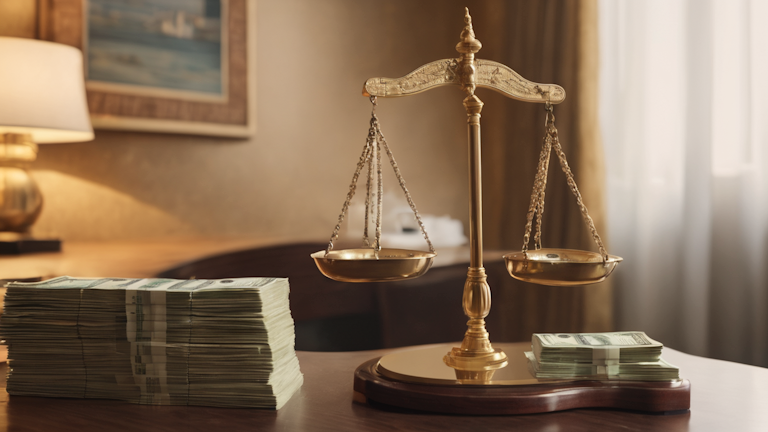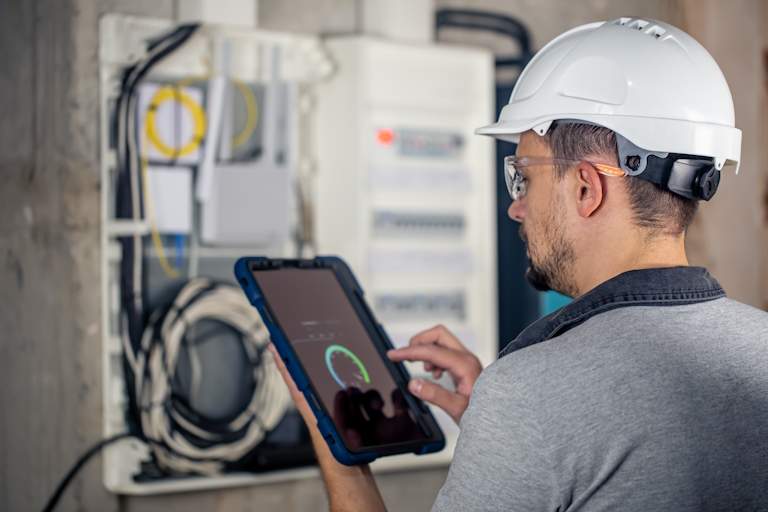In the ever-evolving landscape of the hospitality industry, crafting a room maintenance schedule that harmonizes short-term revenue goals with both immediate guest experiences and long-term guest loyalty, as well as asset preservation, is an art worth mastering. Striking this balance is pivotal for a hotel’s sustainable growth and continued success.

Short-Term Revenue and Immediate Guest Experiences
Short-term revenue is the lifeblood of a hotel’s financial health. However, focusing solely on maximizing revenue in the short term can sometimes lead to compromising immediate guest experiences. Neglecting maintenance issues can result in guest dissatisfaction, negative reviews, and diminished repeat business.
Balancing Act Tip 1: Target Low-Demand Periods
To ensure that maintenance does not disrupt short-term revenue, strategically schedule maintenance tasks during low-demand periods. This minimizes inconvenience to guests while allowing for essential upkeep.
Balancing Act Tip 2: Rapid Issue Resolution
Implement a system for rapid issue resolution. When a maintenance concern arises, respond promptly to address it. Swift resolution demonstrates your commitment to guest satisfaction and minimizes the impact on their experience.
Long-Term Guest Loyalty and Asset Preservation
While short-term gains are vital, the heart of the hospitality industry lies in cultivating long-term guest loyalty. Guests who consistently enjoy exceptional experiences are more likely to become loyal patrons. Neglecting maintenance can undermine these experiences, eroding guest loyalty over time.
Balancing Act Tip 3: Guest Feedback Loop
Establish a guest feedback loop that includes maintenance-related concerns. Encourage guests to report any issues during their stay and take their feedback seriously. This proactive approach helps identify and address problems before they impact loyalty.
Balancing Act Tip 4: Asset Lifecycle Management
Develop a comprehensive asset lifecycle management plan. Regularly assess the condition of assets and guest rooms. This allows you to plan for replacements or upgrades proactively, extending the life of your investments.
Conclusion: The Art of Holistic Room Maintenance Scheduling
Achieving a harmonious balance between short-term revenue, immediate guest experiences, long-term guest loyalty, and asset preservation demands a comprehensive approach to room maintenance scheduling. It necessitates an understanding of both immediate and enduring needs. By strategically planning maintenance during periods of low demand, addressing issues promptly, committing to Preventative maintenance, targeting low-demand periods, rapidly resolving issues, establishing a guest feedback loop, and implementing asset lifecycle management, hotels can create an environment where guests enjoy exceptional experiences, fostering long-term loyalty, while simultaneously safeguarding assets and maximizing long-term revenue. In the world of hospitality, it’s this delicate equilibrium and these strategic tips that define enduring success and secure a hotel’s future prosperity.
About Q2
For over 25 years Q2 have helped hotels implement effective hotel operations solutions leading to improved guest satisfaction including engineering, planned maintenance, asset management, guest services, housekeeping. Sidekick and ESCAP cloud software platforms ensure that these plans are well designed and well executed, so that hotels can deliver memorable experiences to their guests.

